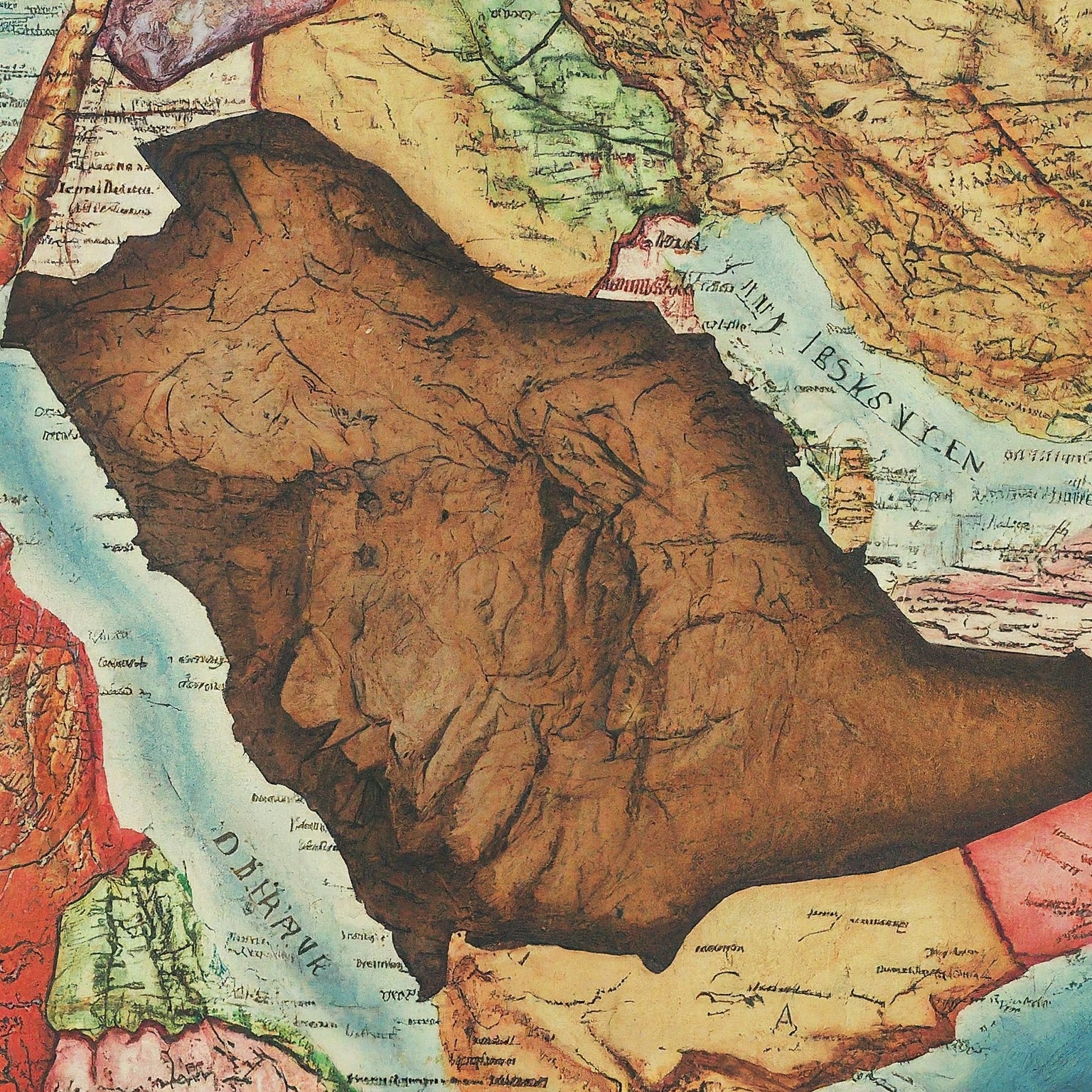Saudi Arabia, a nation steeped in history and culture, is also a dynamic hub of economic and technological advancement. As such, communication is paramount, and the Saudi phone code plays a crucial role in connecting people both domestically and internationally. This article delves into the intricacies of the Saudi phone code, exploring its structure, usage, and significance in the modern era.

The Basics of the Saudi Phone Code
The Saudi phone code is +966. This is the prefix used when dialing a Saudi number from outside the country. It’s essential to understand that this code is different from area codes within Saudi Arabia.
Structure of a Saudi Phone Number
A typical Saudi phone number consists of:
- +966: The country code
- 3-digit area code: Indicates the region
- 7-digit local number: The specific phone number within the area
For instance, a Riyadh-based number might look like this: +966 11 456 7890.
Area Codes in Saudi Arabia
Saudi Arabia has multiple area codes to cater to its vast geographical expanse. These codes are crucial for local and long-distance calls within the kingdom.
- Riyadh: 011
- Western Region (Makkah, Jeddah, etc.): 012
- Eastern Province (Dammam, Khobar, etc.): 013
- Al-Madinah, Tabuk, etc.: 014
- Al-Qassim, Majma, Hail: 016
- Southern Regions (Asir, Al-Baha, etc.): 017
It’s important to note that these are just the primary area codes, and there might be sub-divisions within these regions.
How to Make Calls to Saudi Arabia
To make a call to Saudi Arabia from another country, you typically need to:
- Dial your country’s exit code (e.g., 00 for many countries).
- Dial the Saudi phone code (+966).
- Dial the complete Saudi phone number (area code + local number).
For example, to call a Riyadh number from the US, you would dial 011 + 966 + 11 + the local number.
Mobile Phone Services in Saudi Arabia
Saudi Arabia boasts a robust mobile network infrastructure, with several major carriers offering a wide range of services. These carriers include:
- Saudi Telecom Company (STC)
- Mobily
- Zain Saudi Arabia
These operators provide various plans and packages to cater to different user needs, from basic voice calls to high-speed internet. The competition among these providers has led to significant advancements in mobile technology and coverage across the country.
The Role of Technology in Saudi Phone Services
Saudi Arabia is rapidly embracing digital transformation, and the telecommunications sector is no exception. The integration of technology has led to several innovations in phone services:
- VoIP (Voice over Internet Protocol): This technology allows for voice communication over the internet, offering cost-effective and high-quality calls.
- Mobile Apps: Many telecom providers offer mobile apps that provide features like call management, balance checks, and data usage monitoring.
- 5G Networks: Saudi Arabia is investing heavily in 5G technology, promising faster speeds and lower latency for mobile users.
Challenges and Future Outlook
While Saudi Arabia has made significant strides in its telecommunications infrastructure, challenges remain. These include ensuring widespread coverage in remote areas, addressing cybersecurity concerns, and keeping up with the rapid pace of technological advancements.
Despite these challenges, the future of telecommunications in Saudi Arabia looks promising. The government’s focus on digital transformation, coupled with the increasing adoption of smartphones and internet services, is expected to drive further growth and innovation in the sector.
Conclusion
The Saudi phone code is an integral part of the country’s communication landscape. Its understanding is essential for both residents and international callers. As Saudi Arabia continues its journey towards a digital economy, the telecommunications sector will play a pivotal role in shaping the nation’s future.